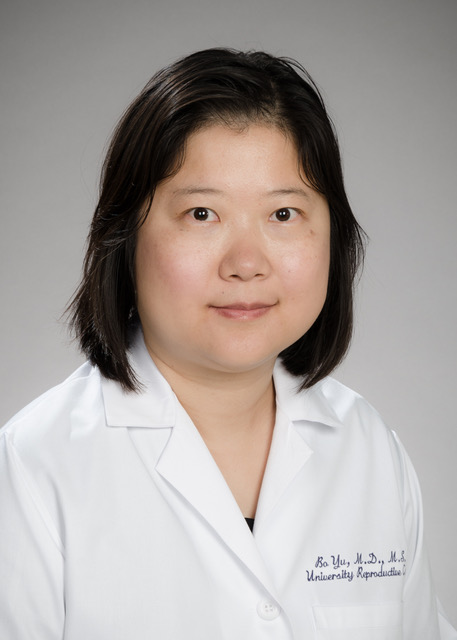Bridge Funding Awards
About the Award
Federal funding for research is tighter than ever, and often researchers do not get funded on their first try with a new proposal. The purpose of Bridge Funding is to allow researchers to produce data needed to substantiate their proposal resubmission to federal funding agencies for a promising new research project. In order to be competitive, resubmitted proposals must include solid data and address the concerns of expert reviewers. The Rivkin Center provides interim funding of up to $30,000 for six months to researchers who have submitted to the National Institutes of Health (NIH) or an original proposal to the Department of Defense (DoD) pertaining to ovarian cancer and who were not funded but received a score close to the funding threshold. With more data, ovarian cancer researchers stand a better chance of being successfully funded with a stronger, resubmitted proposal.
Award Details
Bridge Funding allows researchers to produce data needed to substantiate their proposal resubmission to federal funding agencies for a promising new research project. The Rivkin Center provides interim funding of up to $30,000 to researchers who have submitted an R01 or R21 proposal to the National Institutes of Health (NIH) or an original proposal to the Department of Defense (DoD) pertaining to ovarian cancer and who have not received, but were close to, a fundable score.
Application Process
All application materials should be submitted through proposalCENTRAL, by the application due date. Applicants who do not already have an account in proposalCENTRAL must register for an account prior to beginning application. Once logged into proposalCENTRAL, search for Rivkin Center in the Grant Opportunities tab and select the appropriate grant.
Applications will only be accepted during the open competition window and will not be considered after the deadline. The completed application must be validated to ensure all materials have been submitted. Electronic signatures from the named institutional official and the applicant are acceptable on the signature page. To ensure a successful submission has taken place, confirm that the status of the application has changed to “Submitted”.
Offered when funds are available. To receive announcements for our Call for Applications, join our Rivkin Science email list by contacting Jackie Lang, PhD.
University of Washington2017 Cookie Laughlin Bridge Funding Award: The role of fallopian tube microbiome in ovarian carcinogenesis
Dr. Bo Yu is interested in understanding how bacteria in the urogenital tract might be impacting development of ovarian cancer in the fallopian tubes. She received the 2017 Cookie Laughlin Bridge Funding Award to collect preliminary data for a career development grant (K08) from the National Institutes of Health. After generating data with funds from the Cookie Laughlin Bridge Funding Award, Dr. Yu was successful in receiving the K08 career development award which is a five-year grant that will provide funding to allow Dr. Yu do carry out ovarian cancer research in addition to her clinical duties.
“I cannot thank Rivkin foundation enough for supporting ovarian cancer research and for giving new investigators like me an opportunity to start a research career in ovarian cancer.”


